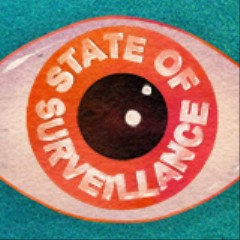San Francisco Chronicle / Getty Images
This Series explores surveillance and its intersection with race and civil rights. made possible with support from Columbia University’s Ira A. Lipman Center.
Advertisement
In some ways, the new policy resembles the police partnerships that have enabled Amazon to grant police access to Ring doorbell cameras. As Motherboard has reported, Amazon has established agreements with local police departments in hundreds of cities across the country which allow law enforcement to quickly access footage from Ring cameras.“I know the thought process is, ‘Just trust us, just trust the police department.’ But the reality is people have been violating civil liberties since my ancestors were brought here from an entirely, completely different continent,” said San Francisco Board of Supervisors President Shamann Walton, who voted against the legislation.This article is part of State of Surveillance, made possible with the support of a grant from Columbia University’s Ira A. Lipman Center for Journalism and Civil and Human Rights in conjunction with Arnold Ventures. The series will explore the development, deployment, and effects of surveillance and its intersection with race and civil rights.Do you have information on who is giving police access to surveillance cameras? We’d love to hear from you. Using a non-work phone or computer, you can contact Janus Rose at janus.rose@ vice.com.

